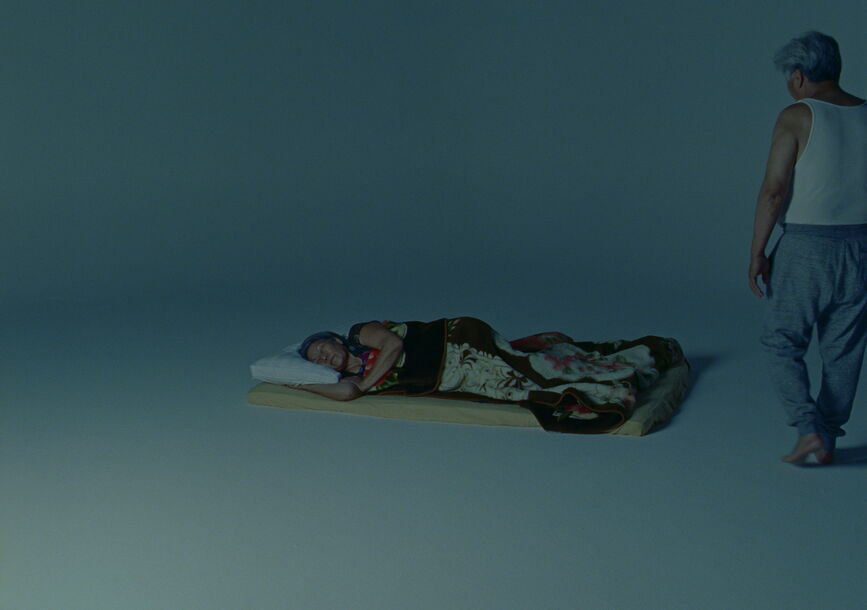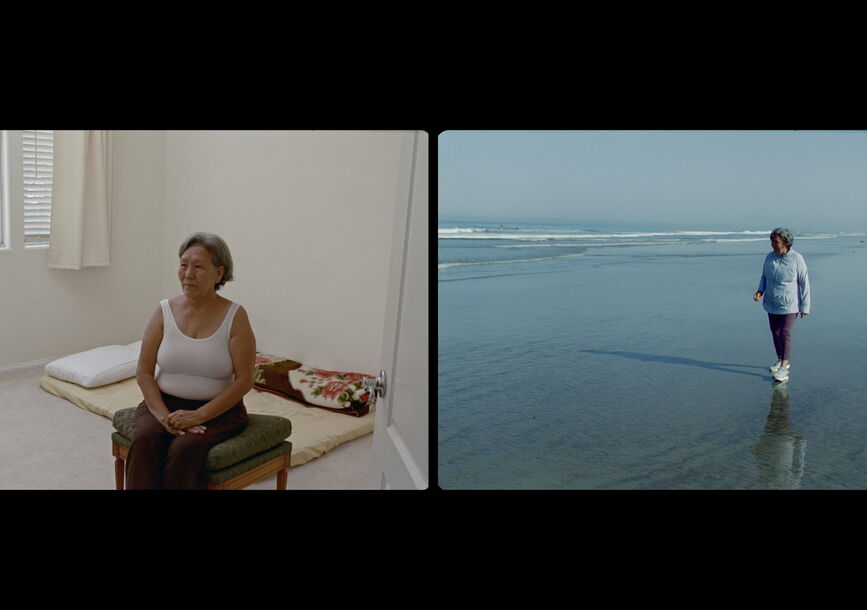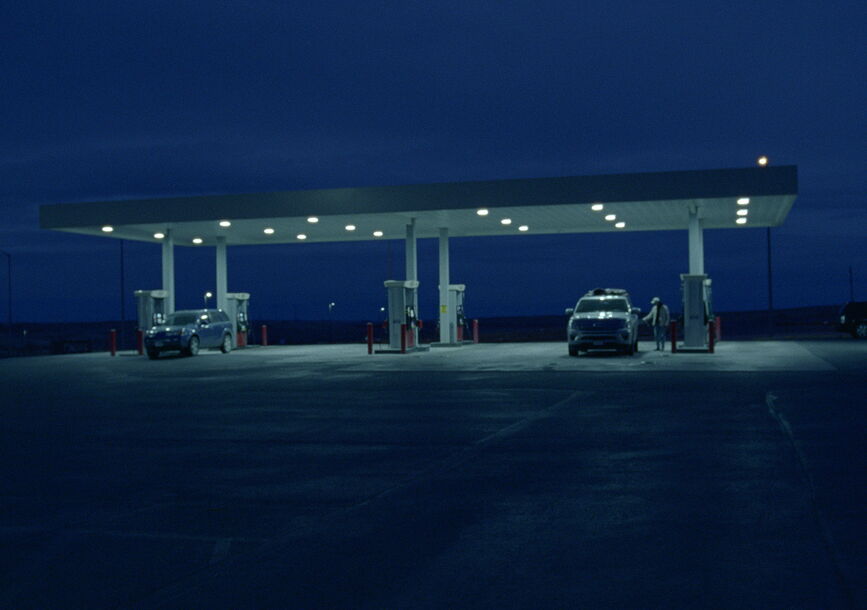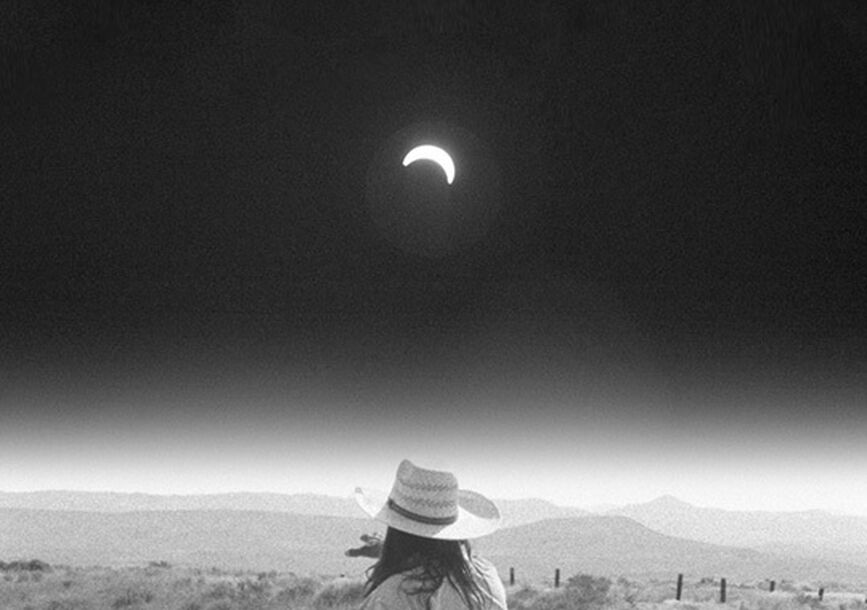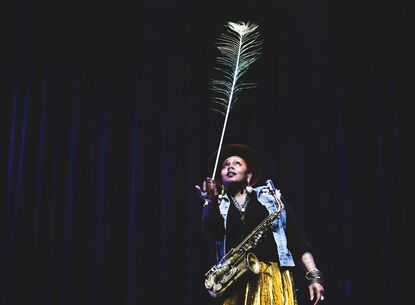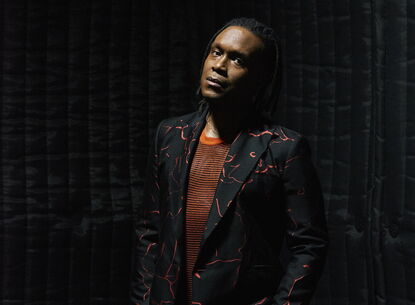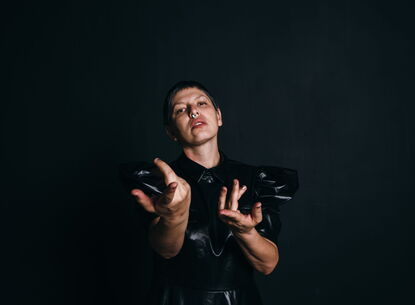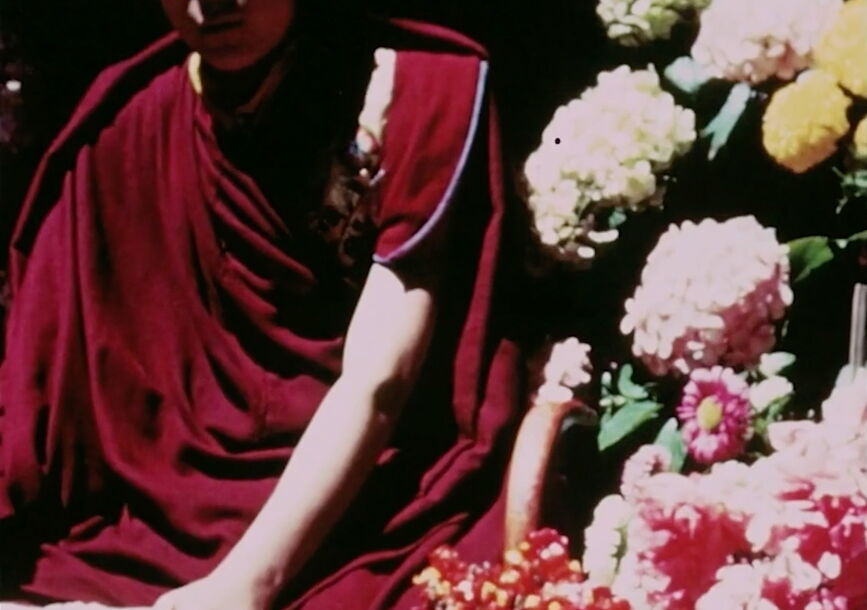
Heeding (Land) / Roaming (Heart) / Grasping (Language)
about the artist
Tenzin Phuntsog
Tenzin Phuntsog works primarily as an artist and director and lenses his own hybrid projects. The practice touches on themes of presence and belonging as well as landscape and language. The works have presented at notable cinema and fine art spaces internationally. “My work is a reflection of an exodus, a personal practice. Memories as a still life on an altar.”
list of films
Pure Land (2022), 15 min.
Pure Land is a 15-minute single-channel video work by Phuntsog shot on 35mm film that builds a loose narrative around a long-distance conversation between a young Tibetan American man and his Tibetan-born mother. The character, played by a friend of the artist, wanders through a natural landscape resembling the exiled homeland of his mother, taking photographs in an attempt to “find a frame that evokes a sense of belonging.” The camera in these works is used as an instrument to reveal the impossibility for displaced Tibetan individuals to be seen in actual Tibetan landscapes. The sparse terrains in Pure Land were shot by the artist in Montana and on the land of the Black Feet Nation with their permission.
The Day the Sun Died (2020), 14 min.
Filmed during the 2017 total solar eclipse, Henry Realbird, an elder (Apsáalooke) and cowboy poet, in a stream of consciousness speaks to the importance of dreams and visions. Funded by the Montana Film Office and shot on 16mm film in Crow Country, Montana.
Dreams (2022), 2 min.
In the single-channel video Dreams, we see the pair go to sleep on a single mattress on the floor — akin to the one the artist’s family used when they first arrived in the U.S. — within an empty photo studio. The bed seems to be floating midair within an erased environment as if any place could be photoshopped around them, heightening the sense of displacement and uprooting.
Pala Amala (Father Mother) (2022), 6 min.
For the two-channel video Pala Amala, which translates as “Father Mother,” Phuntsog asked his parents to express “love” in the ways in which it is conveyed daily in their household. The work portrays Phuntsog’s parents engaged in acts of care, walks on the beach reminiscent of their strolls in the sparse landscape of their youths, and other tender moments.
Film Poem I (2011), 9 min.
“Working with two archival materials that are linked with a singular cut point where black-and-white footage and color footage collapse. I wrote these words to give voice to images that were filmed ethnographically in an attempt to ground them back into something that I felt was more personal and connected.” — Tenzin Phuntsog
Walkers (2023), 15 min.
“My work is a reflection of an exodus, a personal practice. Memories as a still life on an altar.” — Tenzin Phuntsog
